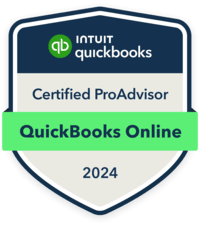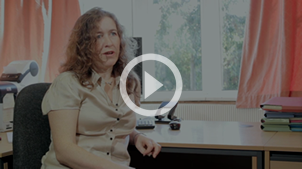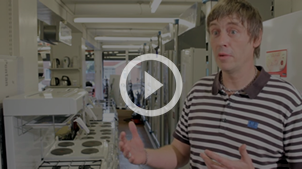Tax Efficient Profit Extraction
Newsletter issue -June 2011.
As a company owner you can choose how to extract the profits from your company, and by making the right choices you can minimise the tax and NI paid by you and the company.
The Taxman would like you to take all the profits in the form of a salary and possibly a bonus, as these carry the highest NI charges and ensure the tax is deducted under PAYE before you get your hands on the net income. It is good practice to pay yourself at least a small salary that is covered by your personal allowance (£7,475 for 2011/12), as this makes the best use of your tax free allowances. However, the maximum salary you can take so that neither you nor the company pay NICs is £7,072 in 2011/12, as the threshold for NICs is lower than the tax free threshold. You can get credit for NI contributions without actually paying any as long as the salary is above £5,304 in 2011/12.
Most company owners extract any further amount they need in the form of dividends. If the gross dividend is less than the basic rate limit of £35,000 you will pay no further income tax on that income, and no NI charges. However, larger dividend payments will create an additional tax charge in your hands of 25% (for 40% taxpayers) of the net dividend or 36.1% (for 50% taxpayers).
If you don't actually need the income now consider extracting the profits in another form such as employer pension contributions although you will have to pay income tax on the pension you eventually receive.
You can also charge a rent for assets you own which the company uses (although this could affect the availability of entrepreneurs' relief on a sale of that asset). These assets could be real property (land) or intellectual property (e.g. patents). If you lend funds to the company it can pay you a commercial rate of interest on that loan. These profit extraction methods are free of NI charges.
We can discuss other methods of extracting profits, perhaps using your family members. Please contact us for specific advice in your own circumstances.






